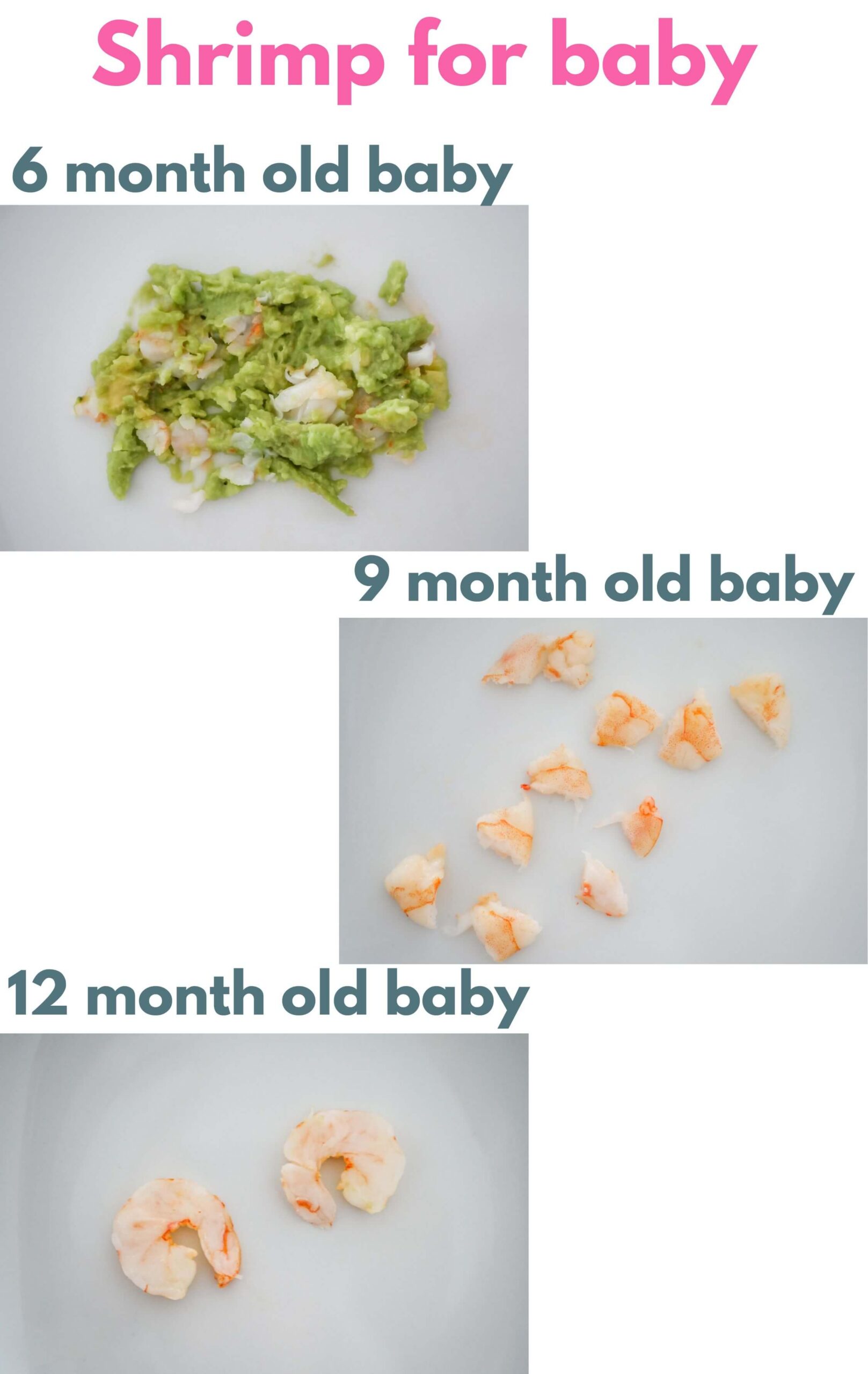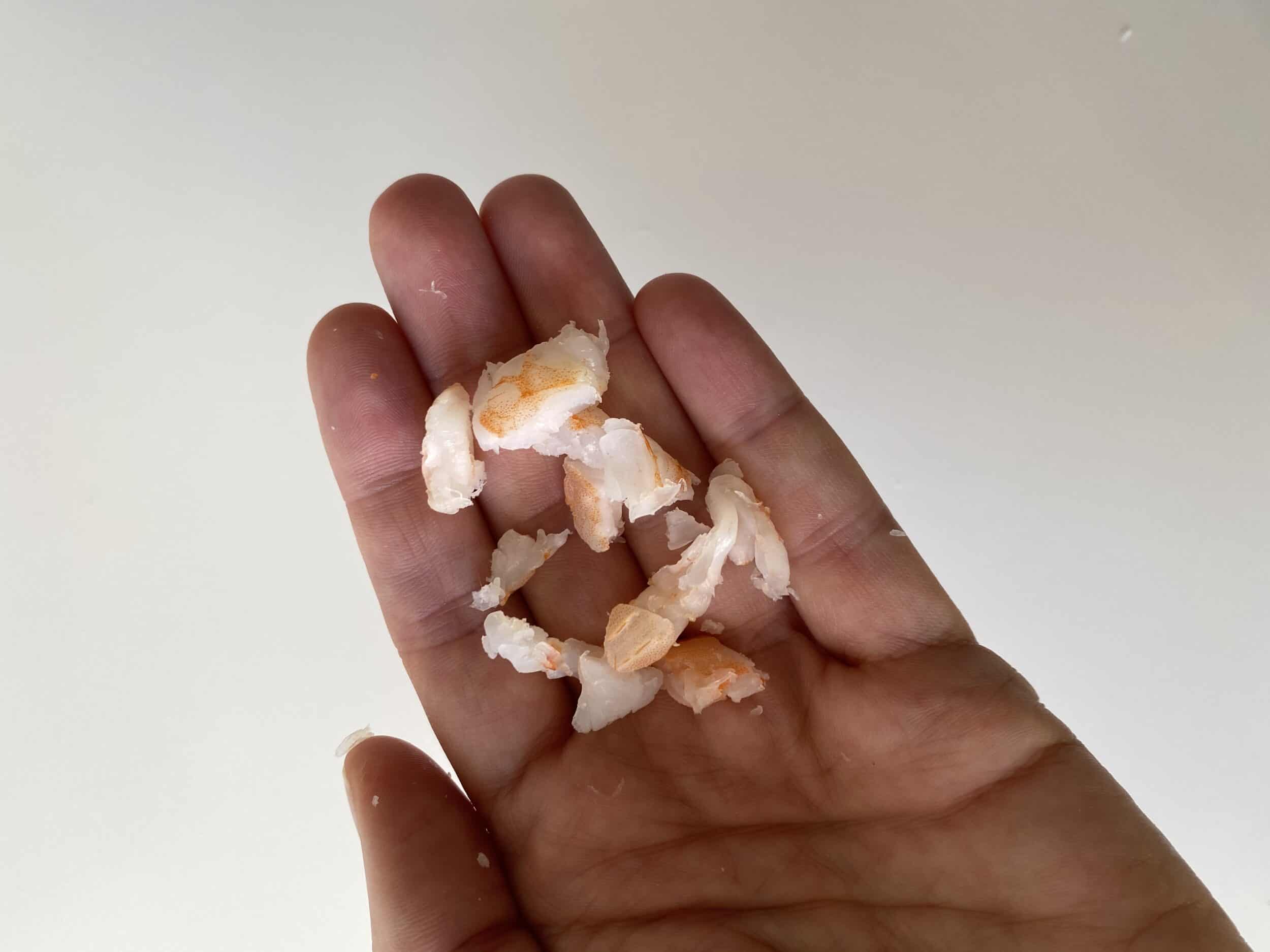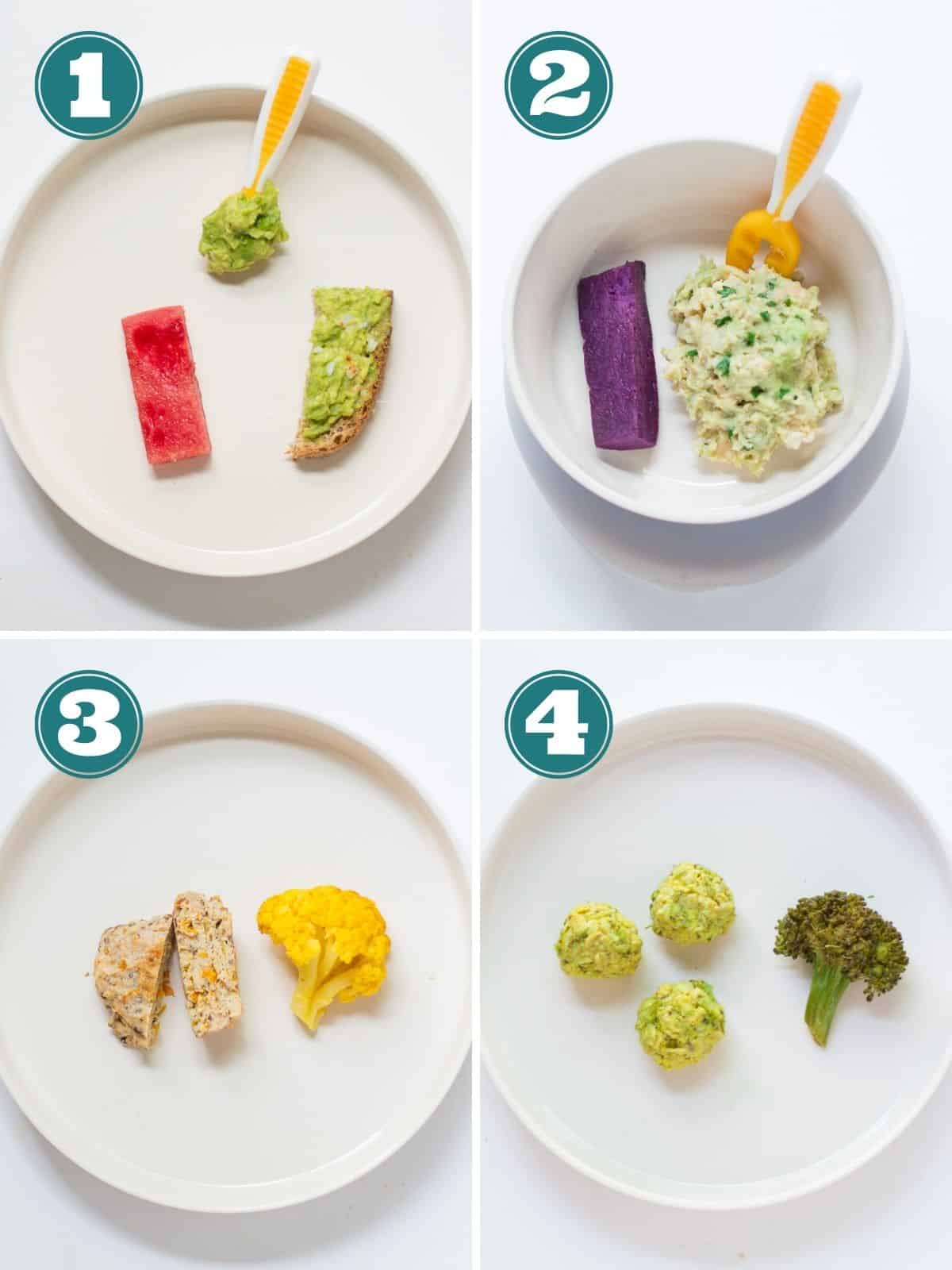Can Babies Eat Shrimp?

Yes, babies can eat shrimp after they turn one year old. Always ensure it is cooked thoroughly and cut into small pieces.
Introducing new foods to your baby can be exciting and nerve-wracking. Shrimp is a nutritious seafood option, rich in protein and essential nutrients. Before offering shrimp, make sure your baby is at least one year old to reduce the risk of allergies.
Start with small, well-cooked pieces to ensure it is safe and easy to digest. Always monitor for any allergic reactions. Including shrimp in your baby’s diet can provide various health benefits, but consult your pediatrician first. This ensures shrimp is a suitable addition to your baby’s meals.

Credit: www.creativenourish.com
Introducing Shrimp To Baby’s Diet
Parents often wonder about introducing seafood to their baby’s diet. Shrimp, a nutritious seafood choice, offers many benefits. It’s important to know when and how to introduce shrimp safely. This section provides guidance on the ideal age and allergy considerations for feeding shrimp to babies.
Ideal Age For Seafood Introduction
Pediatricians recommend starting with solid foods around six months. Shrimp, a high-protein food, can be introduced after other solids. Typically, this happens around 9 to 12 months. Ensure the shrimp is cooked thoroughly and cut into small pieces. This helps prevent choking hazards.
| Age | Food Introduction |
|---|---|
| 6 months | Basic solids like pureed vegetables |
| 8 months | Soft fruits and cereals |
| 9-12 months | Cooked shrimp in small pieces |
Allergy Considerations
Seafood allergies can be serious. Before giving shrimp, watch for any food allergies in your baby. Introduce shrimp in small amounts and observe for reactions. Symptoms include hives, swelling, or breathing issues. If any symptoms appear, stop feeding shrimp and consult a doctor immediately.
- Introduce one new food at a time.
- Wait three to five days between new foods.
- Monitor for any allergic reactions.
Consult your pediatrician before adding shrimp to your baby’s diet. This ensures safety and proper dietary progression. Shrimp provides valuable nutrients like protein and omega-3 fatty acids. Proper introduction can help make it a healthy part of your baby’s diet.

Credit: solidstarts.com
Nutritional Benefits Of Shrimp For Infants
Shrimp is packed with nutrients beneficial for infants. It can support their growth and development. This section explores the essential nutrients in shrimp and compares shrimp to other baby foods.
Essential Nutrients In Shrimp
Shrimp contains many essential nutrients. These are crucial for a baby’s health.
- Protein: Important for muscle growth and repair.
- Omega-3 Fatty Acids: Supports brain development.
- Vitamin B12: Helps in red blood cell formation.
- Iron: Prevents anemia and boosts energy.
- Zinc: Strengthens the immune system.
Comparing Shrimp To Other Baby Foods
How does shrimp stack up against other common baby foods? Let’s find out.
| Nutrient | Shrimp (100g) | Chicken (100g) | Beef (100g) | Spinach (100g) |
|---|---|---|---|---|
| Protein | 24g | 23g | 26g | 2.9g |
| Omega-3 Fatty Acids | 0.34g | 0.05g | 0.02g | 0.14g |
| Vitamin B12 | 1.11µg | 0.3µg | 2.6µg | 0.00µg |
| Iron | 0.3mg | 1.3mg | 2.6mg | 2.7mg |
| Zinc | 1.34mg | 1mg | 4.18mg | 0.53mg |
Preparing And Serving Shrimp Safely
Introducing shrimp to your baby can be exciting. But, it is crucial to prepare and serve shrimp safely. Proper preparation can help avoid health risks and ensure a delightful experience.
Cooking Techniques For Baby-friendly Shrimp
When cooking shrimp for babies, choose safe methods. Boiling, steaming, and baking are excellent options.
- Boiling: Boil shrimp for 3-5 minutes. Ensure they turn pink and opaque.
- Steaming: Steam shrimp for 4-6 minutes. This method preserves nutrients.
- Baking: Bake shrimp at 350°F for 10-12 minutes. Use a baking sheet.
After cooking, cut shrimp into small pieces. This helps prevent choking.
Signs Of Allergic Reactions To Monitor
Babies can be allergic to shrimp. Watch for signs of allergic reactions.
| Sign | Description |
|---|---|
| Rashes | Red, itchy skin patches |
| Swelling | Swollen lips, face, or tongue |
| Breathing Issues | Wheezing or difficulty breathing |
| Vomiting | Nausea or vomiting after eating |
If you see any of these signs, contact a doctor immediately. Always introduce new foods one at a time. This way, you can identify allergies early.

Credit: www.mjandhungryman.com
Frequently Asked Questions
At What Age Can Babies Eat Shrimp?
Babies can eat shrimp around 12 months old. Ensure it is well-cooked, finely chopped, and monitor for allergies. Always consult your pediatrician first.
What Seafood Can Babies Not Eat?
Babies should avoid raw or undercooked seafood, shellfish, and high-mercury fish like shark, swordfish, and king mackerel.
Can A 1 Year Old Eat Crab?
Yes, a 1-year-old can eat crab if it’s cooked thoroughly and cut into small, manageable pieces. Always watch for allergies.
Is Shrimp High In Mercury?
Shrimp contains low levels of mercury. It’s safe for regular consumption and offers a good source of protein and nutrients.
Can Babies Eat Shrimp Safely?
Yes, but only after consulting with a pediatrician. Introduce shrimp to babies after 12 months to avoid allergies.
Conclusion
Ensuring your baby’s diet includes safe foods is crucial. Shrimp can be introduced with caution after consulting a pediatrician. Always monitor for allergies and serve in small portions. Preparing shrimp properly will help maintain its nutritional benefits. By following these guidelines, you can make shrimp a healthy part of your baby’s diet.
